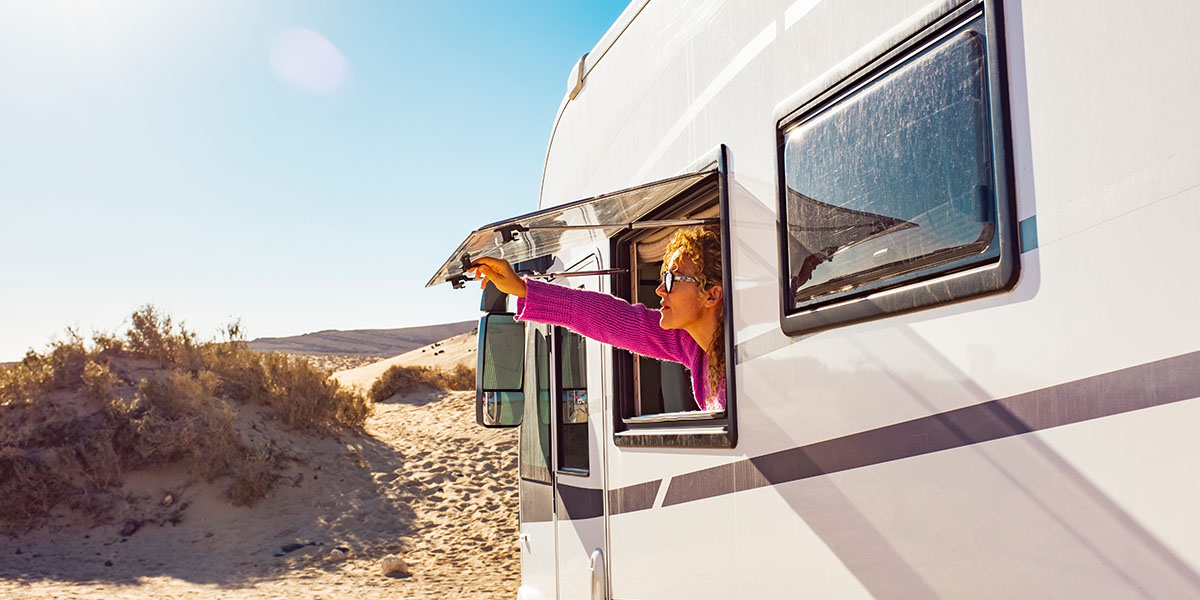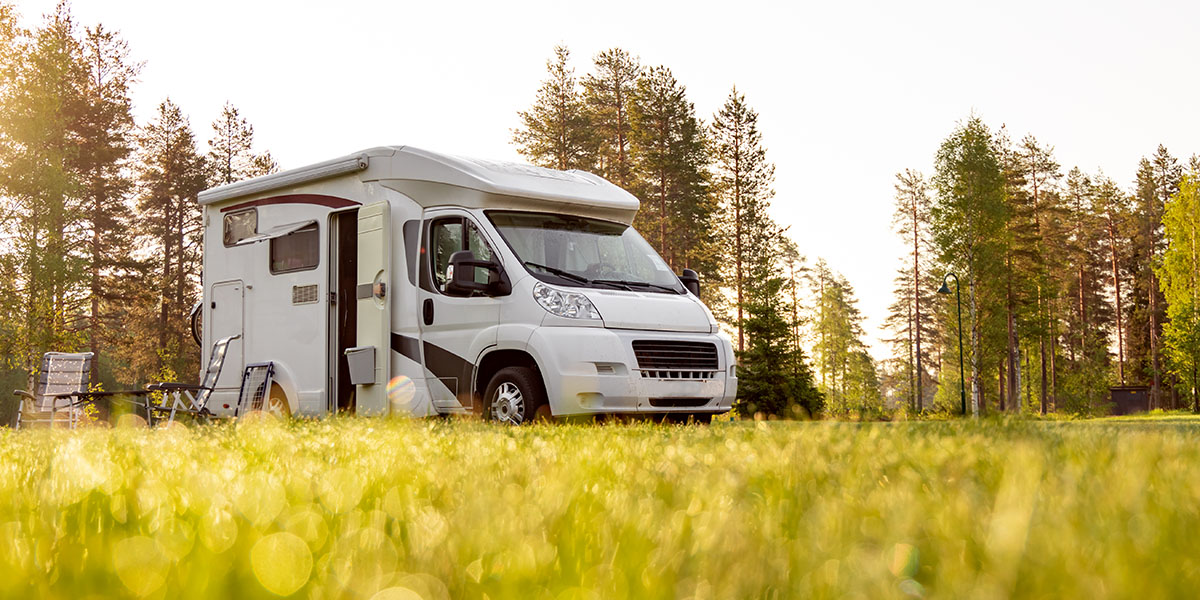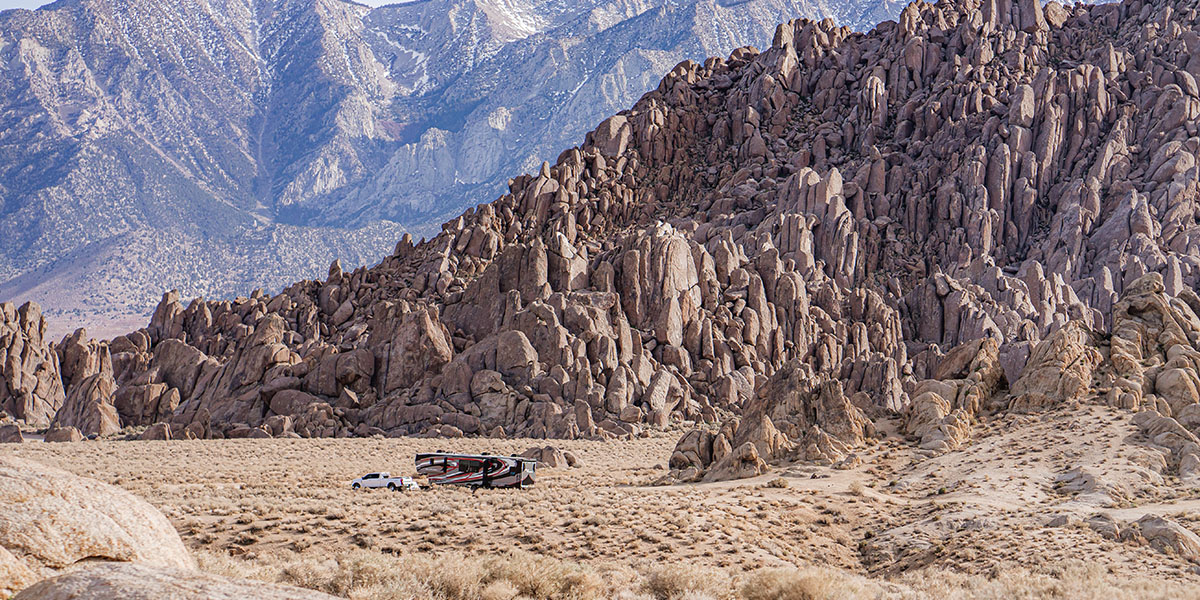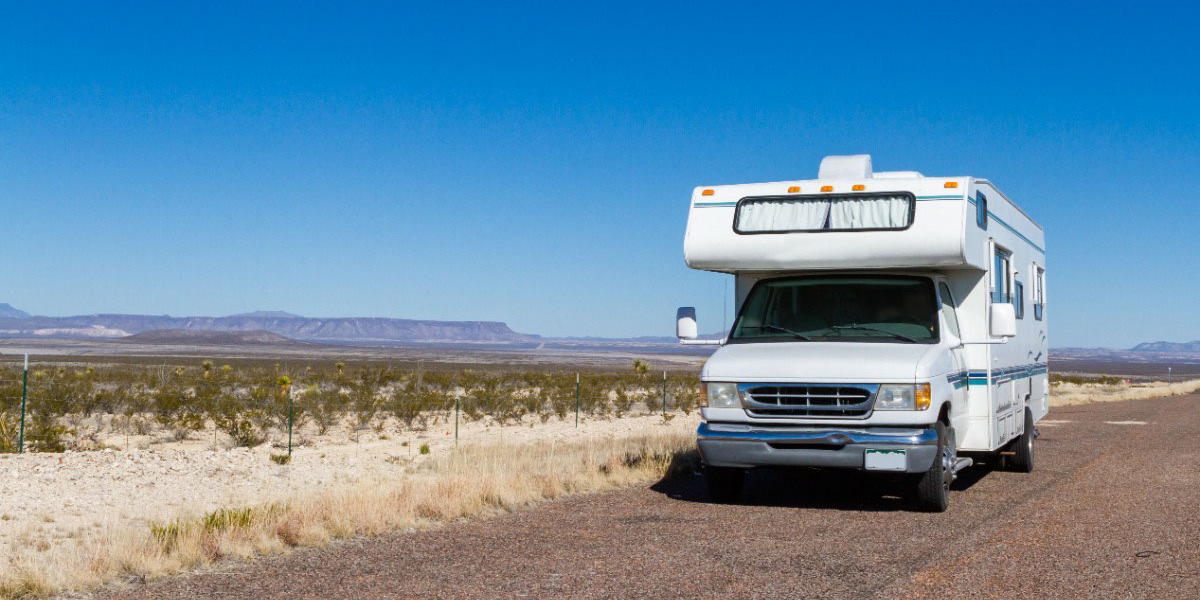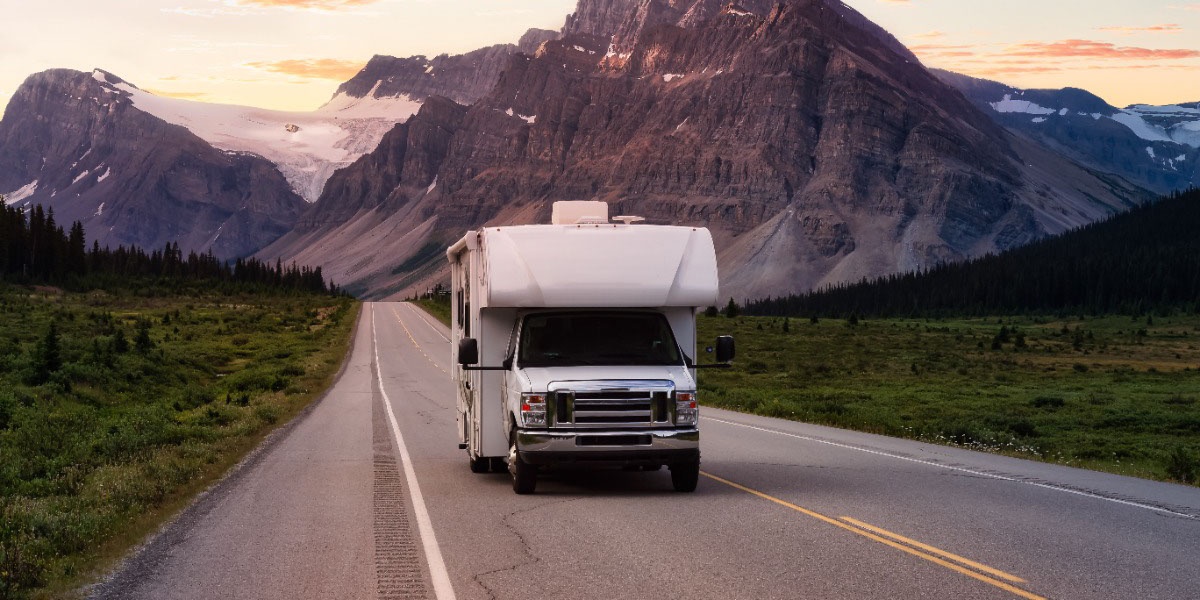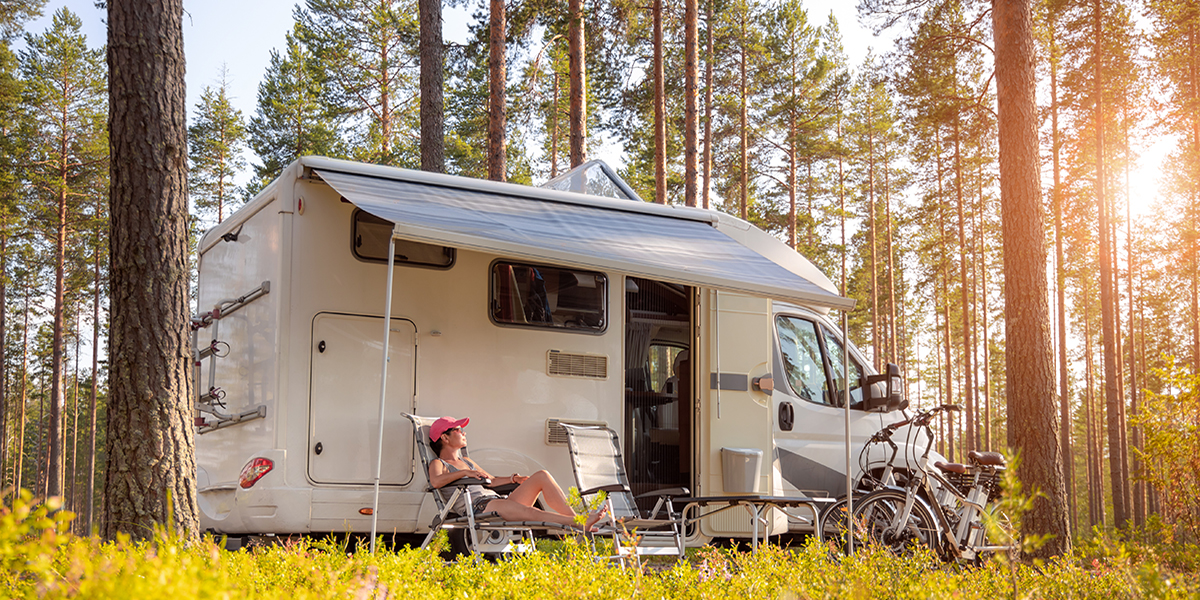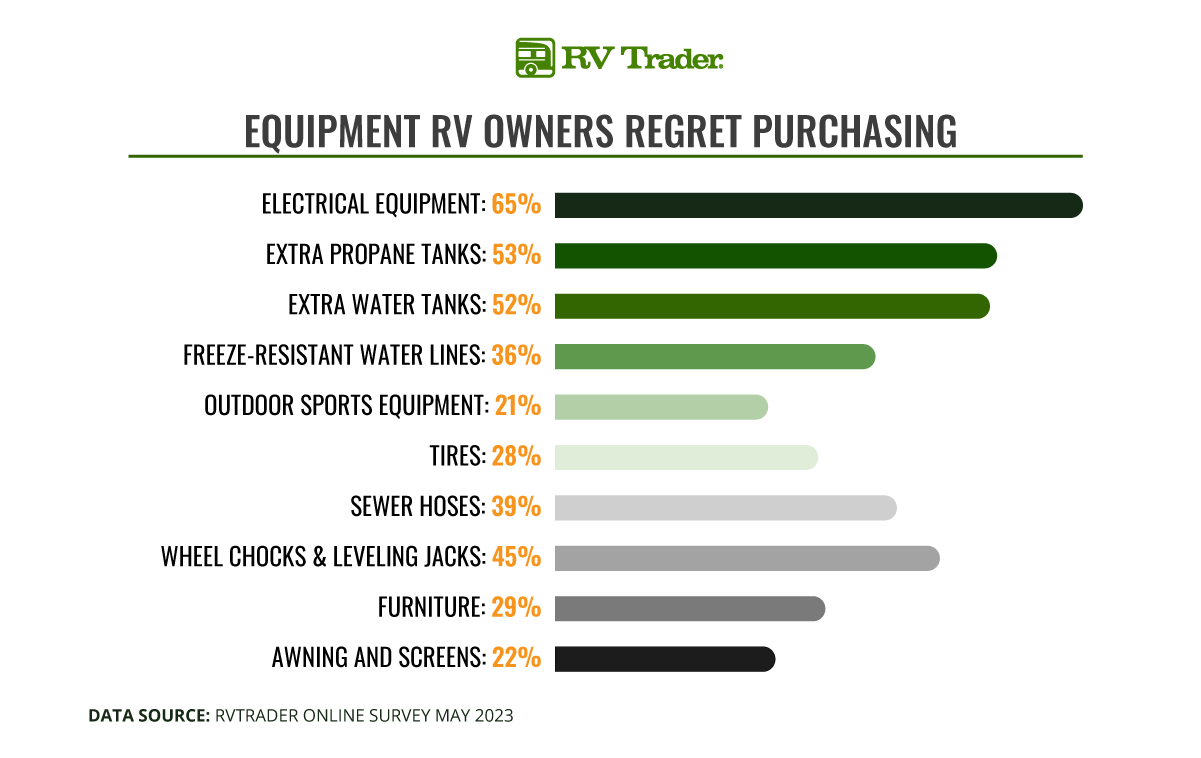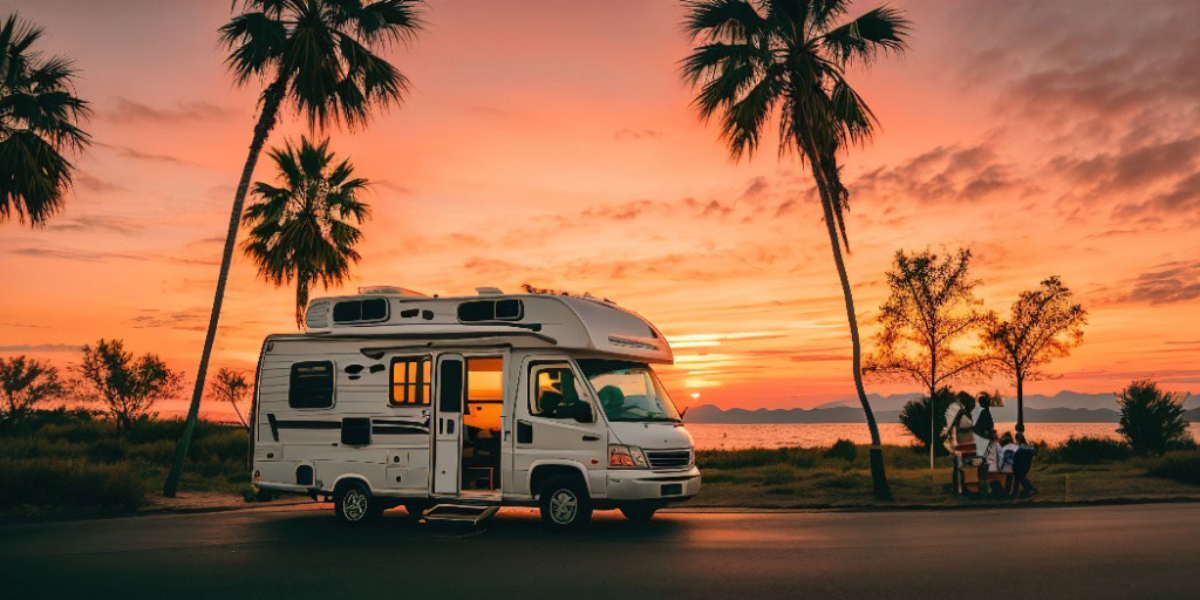For beginners embarking on their RVing journey, selecting the right recreational vehicle (RV) is crucial. This choice hinges upon your individual needs, budget, and level of comfort. Factors to consider include travel companions, frequency of use, required space, and more. If this task feels overwhelming, fear not! You’ve found the perfect resource. In this guide, RV Trader will outline various RV types and classes while providing an unbiased assessment of their advantages and disadvantages. Additionally, we will furnish a curated list of recommended RV options to help you kickstart your adventure.
Understanding Different Types of RVs
Among RVs, there are so many different types. However, these can be quickly divided into two types: towable and driveable. Keep reading to learn more.
Drivable RVs
Class A
Also known as motorhomes, Class A RVs are the largest and most spacious of the drivable RVs. These are ideal for those who prefer space and comfort over mobility and convenience. They come equipped with full-size kitchens, bedrooms, and ample storage space. However, the size and complexity of these vehicles might be daunting to first-time RVers.
Class B
Class B RVs are often camper vans and are the smallest type of drivable RVs. They are compact and offer great fuel economy, making them ideal for beginners. However, their interior space is limited, and amenities are usually condensed. While the drivability is comparable to that of a large SUV or truck, many first-time RVers may struggle with the lack of space, especially if they’re traveling with a companion.
Class C
Class C motorhomes are midsize drivable RVs that offer a good balance between the amenities of Class As and the compactness of Class Bs. They typically offer a sleeping area over the driver’s cab and a decent-sized living area. Though larger than Class Bs, they are still manageable for beginners with a bit of driving practice.
Towable RVs
Travel Trailers
Travel trailers are towable RVs that come in various sizes and layouts. They offer the advantage of leaving the trailer at the campsite while you explore the area in your towing vehicle. The large ones can be challenging to tow and park for beginners, but smaller models are more manageable.
Fifth Wheel Trailers
Fifth wheel trailers are the most spacious of the towable RVs, offering the comfort of Class A motorhomes. However, they require a special hitch installed in the bed of a pickup truck to tow. These RVs are some of the longest on the market and can be really difficult to tow and park. For these reasons, they can also be challenging for beginners.
Pop-up Campers
Pop-up campers are lightweight and compact trailers that expand, providing ample living space. They are easy to tow and can fit into tight spots, making them an excellent choice for beginners. However, they offer minimal amenities and require setup and takedown at each campsite.
Types of RVs and the Best Models for Beginners
In most cases, we recommend newer RVs for beginners. They’re usually equipped with more amenities and features to help make your life easier on the road and in the campground. Here are a few suggestions of some great RV models for beginners.
Class A
- The Tiffin Allegro Breeze 33 BR measures 34’ long and has plenty of upgraded amenities to make you feel right at home.
- Coachmen is a classic RV brand and the spacious Mirada 35OS has enough room for the whole family.
- For those torn between the Class As and Class Cs, look no further than the Thor Axis 25.7. This RV is only 27’ long but includes all of the expected Class A amenities.
Class B
- Winnebago is usually known for their larger RVs, but their Revel 44E is a great compact camper van with perfect features for beginners.
- The American Coach Patriot FD2 brings the perfect balance of comfort and power. This diesel van could be great for remote camping spots, or driving through a city.
Class C
- The Thor Geneva 25VA offers drivability without sacrificing interior comfort. At just 25’ long, this RV is still big enough for the whole family, if you don’t mind sharing a room.
- The Tiffin Allegro Bay 38 AB has everything for short trips or even full-time RVing, and includes a separate bedroom.
Travel Trailer
- For those looking for a unique find, the Intech Terra Willow travel trailer is the perfect trailer for a couple. It offers a moderate amount of living space without being uncomfortably long to tow.
- For solo travelers or couples that won’t be spending much time in the RV, the Jayco Jay Flight SLX 154BH is the perfect compromise between a travel trailer and camper van.
Pop-Up Campers
- The Coachmen Clipper Camping Trailers 9.0TD Express offers the comfort of a hard-sided shell with the same ease-of-handling that comes with all pop-ups.
- For those wanting to keep it simple, we recommend something similar to the Coachmen Clipper Camping Trailers 107LS. These soft-sided pop-up campers have a similar feel to tent camping but with some amenities.
- The Forest River Rockwood Extreme Sports 2318ESP is perfect for families or those needing more space. This pop-up comes with two beds, but still collapses down for easy towing.
- The Columbia NW Aliner Classic is a unique find that provides more aesthetics than the traditional pop-up camper while still being easy to tow.
Embarking on a journey with an RV can prove to be extremely fulfilling, offering countless chances to explore unfamiliar regions and interact with diverse individuals. Picking the appropriate RV style as a novice is crucial to ensure that your transition into the realm of RVing is smooth. Gaining comprehension about various kinds of recreational vehicles, including their strengths and weaknesses, helps in determining which model fits perfectly within your living situation, finances, and itineraries.
Furthermore, opting for an ideal RV class can considerably minimize upkeep costs and space usage needs. Ultimately though, the most suitable beginner-friendly models are subject to each person’s unique choices, encompassing budget considerations and ease with handling or pulling substantial automobiles. Armed with this all-encompassing guidebook’s insight, you should now possess sufficient information to make a sound decision about which RV is the right match for you.
If you’re ready to take the plunge into RV life, check out our inventory of new and used RVs for sale on RVTrader.com.
By Sam Moon
